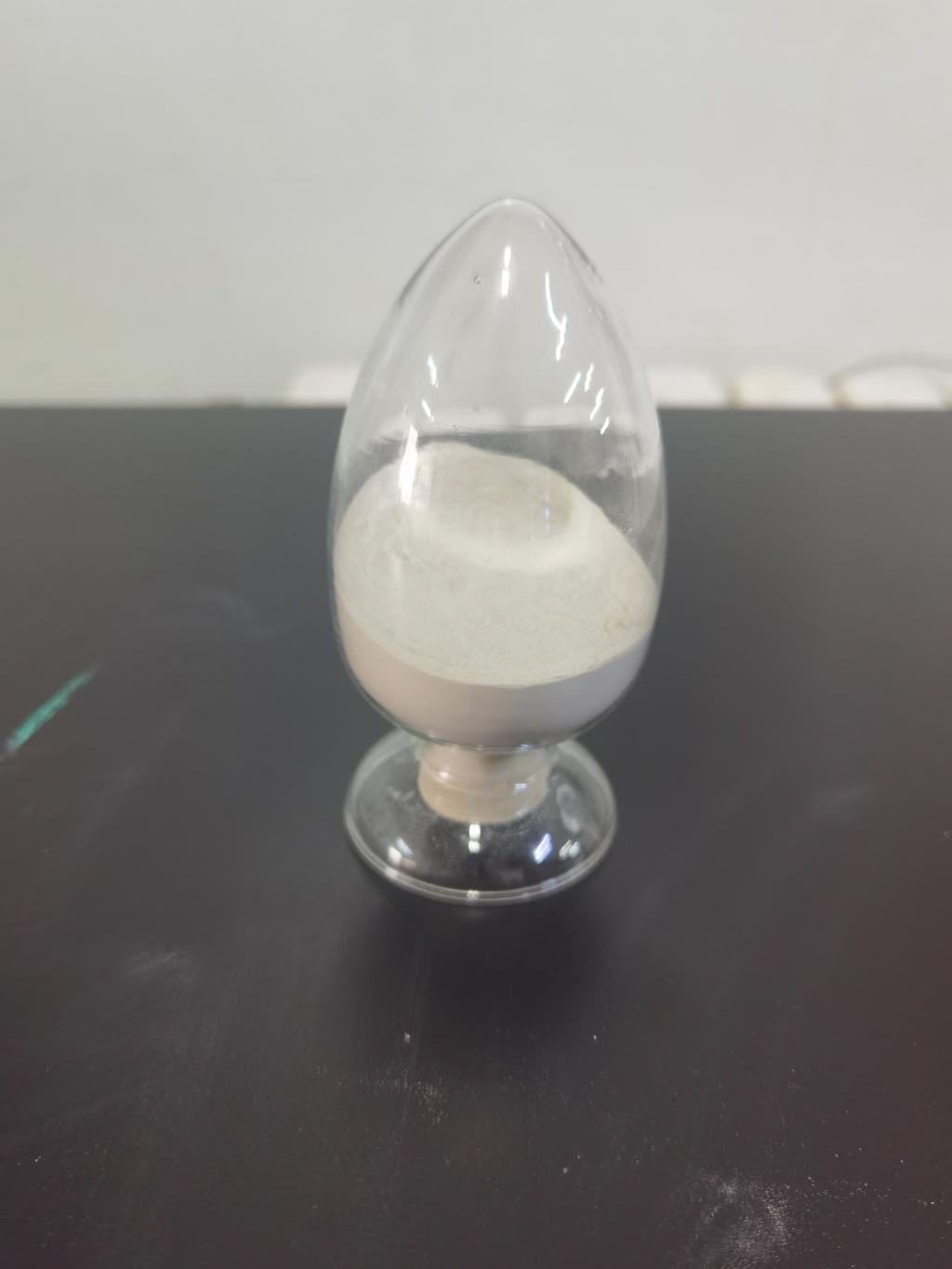Tel:+8618231198596

News
 CONTACT
CONTACT
 CONTACT
CONTACT
- Linkman:Linda Yao
- Tel: +8618231198596
- Email:linda.yao@dcpharma.cn
- Linkman:CHARLES.WANG
- Department:Overseas
- Tel: 0086 0311-85537378 0086 0311-85539701
News
Nisin's Synergy with Eco-Friendly Packaging Solutions.
TIME:2023-10-17
Nisin: A Natural Antimicrobial Agent
Nisin is a naturally occurring antimicrobial peptide derived from Lactococcus lactis, a bacterium used in the production of dairy products. It has been used for decades as a food preservative to inhibit the growth of bacteria, particularly Gram-positive pathogens and spoilage microorganisms. Nisin is known for its effectiveness, safety, and compatibility with various food products.
Eco-Friendly Packaging: An Imperative for the Food Industry
Eco-friendly packaging is a response to the urgent need to mitigate the environmental impact of the food industry. Conventional packaging materials, such as plastics and metals, contribute to pollution, resource depletion, and landfill waste. Eco-friendly packaging aims to minimize these negative consequences by focusing on sustainability, recyclability, and reducing the carbon footprint.
The Importance of Food Safety and Sustainability
The food industry's commitment to food safety is non-negotiable. However, achieving this goal shouldn't come at the expense of environmental sustainability. Both food safety and sustainable practices can coexist and even complement each other when the right strategies are employed. Nisin's role in preserving food safety while reducing the need for resource-intensive packaging materials exemplifies this balance.
Nisin's Contribution to Food Safety and Sustainability
Nisin offers several ways in which it can contribute to food safety and sustainability:
Reduced Need for Synthetic Preservatives: Nisin's antimicrobial properties allow food producers to rely less on synthetic preservatives and additives. This not only benefits food safety but also aligns with the clean label movement, reducing the use of potentially harmful chemicals in food products.
Extended Shelf Life: Nisin inhibits the growth of spoilage microorganisms, extending the shelf life of food products. This means less food waste, as products remain fresh for longer periods, reducing the demand for packaging and the environmental impact of food disposal.
Less Packaging Waste: By reducing food waste, nisin indirectly reduces the waste generated from food packaging. Eco-friendly packaging solutions can further minimize the environmental impact by using materials that are biodegradable, recyclable, or reusable.
Energy Savings: Extending shelf life with nisin means less energy consumption for refrigeration and transportation, contributing to overall energy efficiency and reduced greenhouse gas emissions.
Sustainable Innovation: The combination of nisin and eco-friendly packaging encourages innovation in the food industry. Producers are motivated to develop new and sustainable packaging materials and methods, promoting a circular economy.
Case Studies: Nisin's Synergy with Eco-Friendly Packaging
To illustrate the practical application of nisin in synergy with eco-friendly packaging, we'll explore some real-world examples:
Nisin-Infused Sustainable Films: Researchers and companies are developing edible and biodegradable films infused with nisin. These films can be used to wrap a variety of food products, such as cheeses and meats, preserving their freshness and safety while eliminating the need for plastic packaging.
Active Packaging for Fresh Produce: Nisin-based active packaging can enhance the shelf life of fresh produce, reducing the need for single-use plastic bags. In combination with sustainable storage solutions, this approach reduces waste and promotes sustainability.
Reducing Food Waste in Distribution: Eco-friendly packaging combined with nisin-treated products can reduce food waste during transportation and storage. By extending shelf life, food can be delivered safely over longer distances with less spoilage.
Minimizing Single-Use Plastics: Nisin can be used to enhance the safety of beverages, condiments, and dairy products in eco-friendly, reusable, or biodegradable containers, reducing the reliance on single-use plastics.
Challenges and Considerations
While the synergy between nisin and eco-friendly packaging is promising, several challenges and considerations should be acknowledged:
Regulatory Approval: The use of nisin in conjunction with new packaging materials may require regulatory approval. Streamlining this process is essential to facilitate innovation.
Consumer Awareness: Raising consumer awareness of the benefits of eco-friendly packaging and nisin-treated products is crucial. Education and transparent labeling can play a significant role in driving consumer preferences.
Sourcing Sustainable Materials: Eco-friendly packaging materials should be sourced sustainably and meet specific food safety requirements. Ensuring a robust supply chain for these materials is vital.
Waste Management: Eco-friendly packaging is only environmentally friendly if it is managed properly at the end of its life cycle. The establishment of efficient recycling and composting systems is essential.
Conclusion
The synergy between nisin and eco-friendly packaging solutions represents a significant step toward achieving a more sustainable and safer food industry. Nisin's natural antimicrobial properties can extend the shelf life of food products, reduce food waste, and minimize the environmental impact of packaging. By working in harmony with eco-friendly packaging, nisin enables a more sustainable and resilient food system, benefiting consumers, producers, and the planet.
This collaboration not only enhances food safety but also promotes the responsible use of resources, stimulates innovation, and supports the transition to a circular economy in the food industry. By continuing to explore and invest in this synergy, we can create a future where food safety and sustainability coexist harmoniously, benefiting both current and future generations.
- Tel:+8618231198596
- Whatsapp:18231198596
- Chat With Skype







